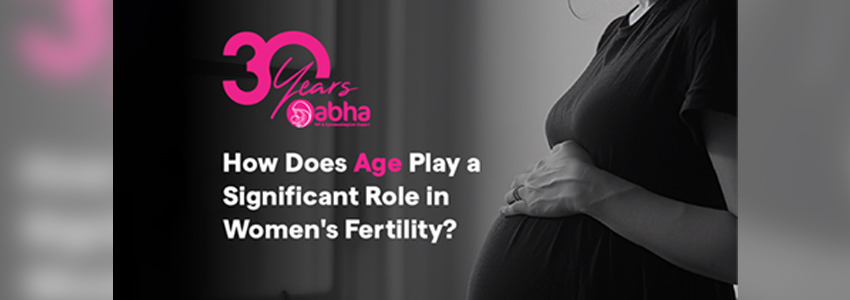

Fertility is a crucial aspect of a woman's reproductive health, and age plays a significant role in determining her ability to conceive. As women age, their fertility naturally declines, impacting their chances of getting pregnant. Understanding the relationship between age and fertility is essential for women planning their reproductive journey. Factors such as ovarian reserve, egg quality, and hormonal balance shift over time, making some ages more favourable for conception than others.
For women considering pregnancy, knowing the best reproductive years and the medical options available can help in making informed decisions. With advancements in reproductive technology, fertility treatments such as IVF have provided hope to many. At Abha Surgy, the best fertility centre in Kolkata, we offer expert guidance and personalised care to support women through their fertility journeys. Let's explore how age affects female fertility and what steps can be taken to improve pregnancy success rates.
A woman's fertility is at its peak during her 20s. During this period, the ovaries release high-quality eggs, and the chances of conception are the highest. The hormonal environment is optimal, and the risk of pregnancy complications is relatively low.
However, in modern society, many women delay pregnancy due to career, education, or personal choices. While this delay is common, understanding fertility decline with age is vital for those planning to conceive later in life.
A woman is born with all the eggs she will ever have, and the number decreases over time. By the time she reaches puberty, she has approximately 300,000 to 400,000 eggs. As she ages, both the quantity and quality of eggs decline:
At Abha Surgy, the best fertility centre in Kolkata, we provide advanced fertility treatments tailored to each individual's age and reproductive health, ensuring the best possible outcomes.
While many women conceive naturally after 35, there are increased challenges:
Medical Advancements for Women Facing Age-Related Fertility Decline
Modern medical science offers multiple options for women facing age-related fertility decline:
While the best age biologically is in the 20s, the ideal time for pregnancy varies based on personal, medical, and lifestyle factors. Women should consider the following:
At Abha Surgy, we offer comprehensive fertility assessments to help women determine their best reproductive choices.
For women planning to conceive at any age, certain lifestyle changes can help improve fertility:
Age plays a crucial role in female fertility, affecting egg quality, conception rates, and pregnancy success. While the 20s and early 30s offer the best chances for natural conception, medical advancements now provide viable options for women delaying pregnancy.
Understanding fertility and taking proactive steps can help women make informed decisions. Whether it's natural conception, egg freezing, or IVF, seeking expert guidance is essential. At Abha Surgy, the best fertility centre in Kolkata, we provide state-of-the-art fertility solutions to help women achieve their dream of motherhood.
If you're planning for pregnancy, consult with our experts to explore the best fertility options suited to your age and health. With the right knowledge and support, every woman can navigate her reproductive journey with confidence and hope.